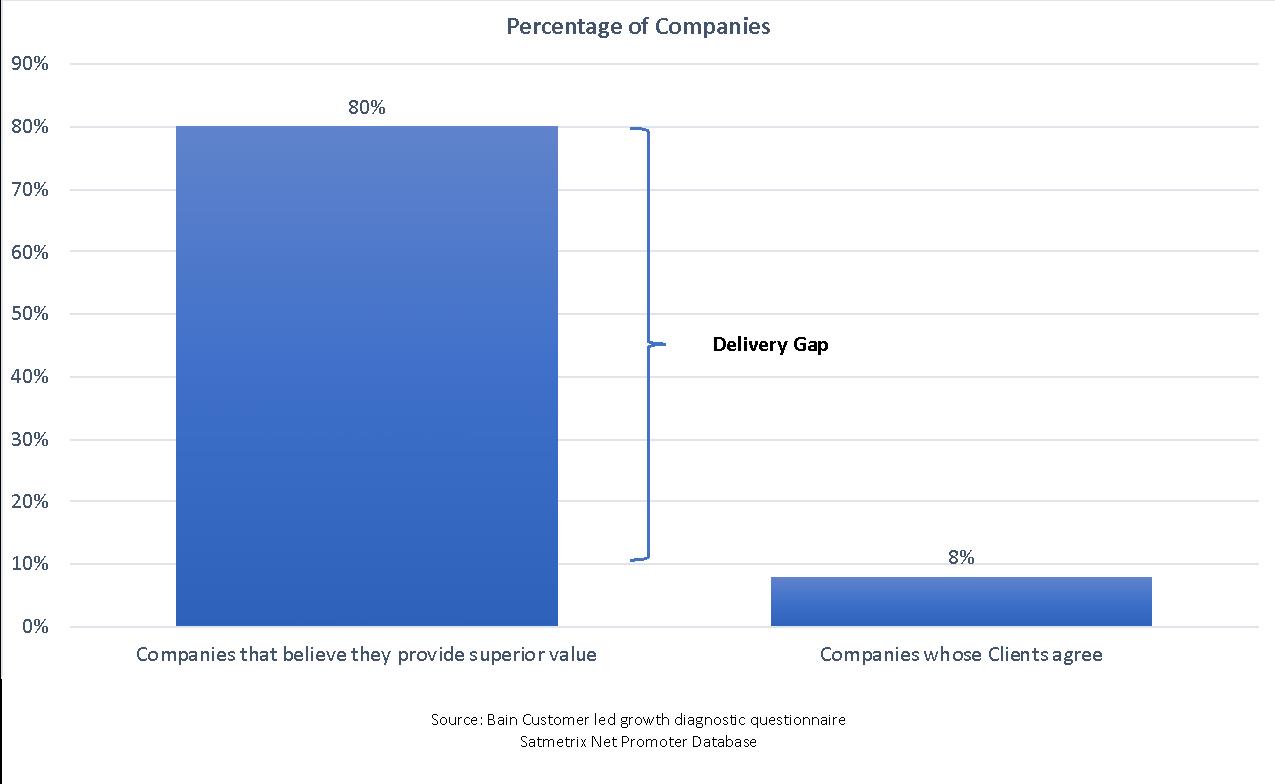Over the past three to four months, whenever I have been invited to conduct workshops or speak with a group of first-time founders, I quite often asked the following question during my sessions: What are some of the attitudes that you think an entrepreneur should have to become successful?
In almost every case, I got the following responses in one form or another: Integrity, Passion, Persistence, Discipline, Team Player… However, I tend to believe these are very generic and are essential in every walk of life irrespective of whether you are an entrepreneur or not. You need these traits to be the best employee, best sportsperson, IT engineer or even to be the best life partner.
Without discounting the importance of the above-mentioned attributes, I’d like to think there are four (if not more) essential attitudes which are actionable that an entrepreneur should possess or inculcate if we want to increase our likelihood of becoming a successful entrepreneur or a leader.
1. Enjoy Being Around People: Network, Network, Network
If an entrepreneur is an introvert or lacks social skills, it is time for him/her to start enjoying being around people and being comfortable in social situations. To be successful, one needs to continuously interact with a diverse array of people which includes customers, colleagues, competitors, lawyers, mentors and employees.
Around 65 per cent of the failures of high-potential start-ups are due to “people problems”—the interpersonal tensions within the team. (Gorman and Sahlman suggested, in 1989, that people problems caused 65 per cent of failures within venture-capital portfolios. In 2004, Kaplan and Stromberg showed that 61per cent of VCs’ anticipated risks were because of people problems.)
Networking is the most undervalued skill that one can think of. When I first arrived in the US, I started to appreciate how much benefit networking brings. We never know where our next lead will come from. When I forced myself to go out there and talk to as many people as I can, I realised that I am increasing my chances of bumping into other entrepreneurs who might have the ideas and connections I need.
Having said that, one needs to be careful of not spending too much time networking that it starts affecting how business is run due to lack of focus.
You might find a new connection while grabbing a beer at the airport bar, you might meet your next business partner in an elevator on your way to a meeting, and you just never know who’s sitting next to you on the bus. Meet everyone you come into contact with and have a short chat.
2. Learning to say ‘No’
Everyone talks about having a ‘Never say no’ attitude but seldom, I see people acknowledging that learning to say ‘No’ is equally important. Saying ‘no’ to someone isn’t as easy as it sounds but it is a powerful instrument of integrity and a shield against exploitation.
Especially when starting out, founders get all sorts of requests and to please everyone they are more inclined to cater to the requests or feel compelled to agree.
Imagine a scenario where customers are demanding the lowest possible price by suggesting that the competitors are offering lower prices. To retain the customers, you give away to their demand without analysing how it is going to impact your bottom line. There will be several other customers demanding something else—free samples, free services, free delivery and many more and eventually you will end up affecting the company’s financial health.
Interestingly, the ability to say no is closely linked to self-confidence. People with low self-confidence and self-esteem often feel nervous about antagonising others and tend to rate others’ needs more highly than their own.
Jane Collingwood, PsychCentral
3. Listen to Complaints
This is one of the most important tenets that is often neglected. To become a successful entrepreneur, you have to identify your business’s weaknesses—and what is the best way to identify these other than to listen to your customer’s complaints? Your customers know what they want, and they’re going to tell you what they think. If you are a smart entrepreneur, you will listen to them and use that conversation to fix your business’s weaknesses.
Take customer complaints seriously and respect them. Make sure every customer complaint is responded to, not necessarily addressed. What I mean by that is, you cannot make every customer happy but at least show that you have heard them.
A few years ago, a study was conducted by Bain & Company by interviewing more than 350 businesses and their customers. Not surprising to see that there is a significant delivery gap between what companies perceived and what the customers really felt.

4. Ask
By asking questions and always remaining in a learning mode, you are likely to become a successful entrepreneur. One person cannot know everything. And you don’t too. Therefore, you must ask for help, advice, mentors, and everything else you need. Asking questions gives you information. The more information you have, the more connections you can make, and the easier running your business will become.
In one of his blogs, (American businessman) Phil McKinney beautifully summarised why one should ask questions:
- You discover something new
- You put together things
- You remember things
- You resolve issues
- You understand people better
I come across so many people who are in such a hurry to get things done that they do not stop to ask questions because it might slow them down. They risk rushing headlong into the wrong actions.
Stay curious a little longer. And most importantly, “If you don’t ask, you don’t get”!
Want to share your story of how you thrive? Write to us at [email protected]


